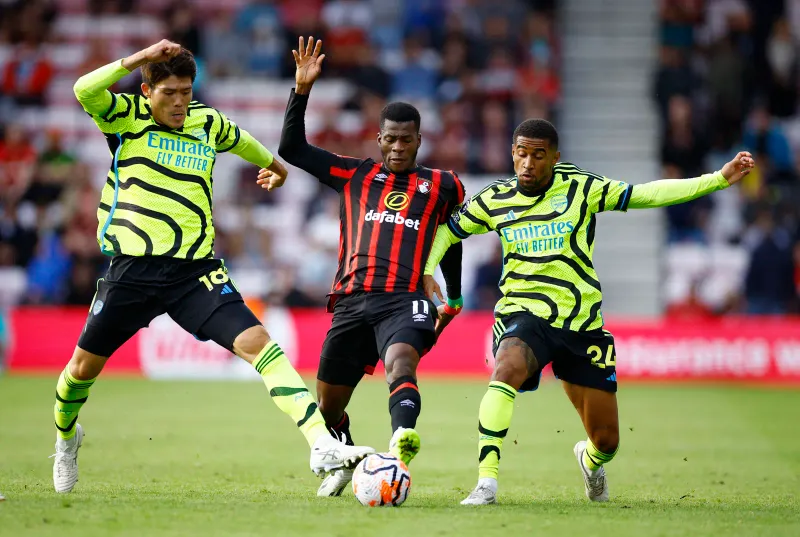Match of the Day: A National Treasure Amidst Challenges
Match of the Day continues to be a beloved UK football program, attracting millions despite challenges.

Match of the Day (MOTD) has reached its 60th anniversary last year, reminding the UK of its status as a national treasure. In an era of digital technology and high-quality analytic football broadcasting, MOTD is still watched by millions of Britons. It is estimated that even with the ability to watch highlights of any game on the Internet, up to 61% of the nation’s population will still follow a Match of the Day. Undoubtedly, the free-to-air aspect is a key factor in such a high rate of audience involvement in the context of commercialization and alienation of fans from modern football, but the basic MOTD channel has not been particularly successful in recent years.
BBC’s celebration of its iconic program’s birthday was marred this time by various disputes and discussions. Over the past decade, a new work culture incident that occurred around the former footballer, main MOTD pundit, and potentially next permanent host in the not-too-distant future, Jermaine Jenas, who was fired over inappropriate behavior allegations. The details of his case are not disclosed, but it is already the second time that MOTD has continued its life with a key reporter replacement due to conflict of interest with employees.
From public disagreements with other “discussing” personalities to internal mechanisms and actions, establishing BBC correspondence over the years has shown that the old show still has significant problems that need to be addressed. Despite all the adversities and crises, which program has had enough over its 60-year existence, MOTD was always able to either change or remain the same preserving the main goals of showing football. From the first broadcast in correct black and white when Liverpool scored five goals at the end of Arsenal’s unbeaten run in 1964, to large-hour editions with even more games and exquisite graphics, not much has changed.
Undoubtedly, the exposition as a whole has undergone significant changes and does not look like that of the 1960s and 70s, but the editing format remains practically the same. Once led by Lineker, players such as Trevor Brooking, Bob Wilison, Alan Hansen, and Jimmy Hill with versatile Alan Shearer along with Mark Lawrenson and, of course, loyal MOTD host Lineker were with them. Now, after Lineker to be host for 25 years, his follower is still unknown, but after Jenas, options such as Mark Chapman and Gabby Logan will become the next host, attracting a different audience with each. BBC has made it clear by concluding a MOTD deal with Premier League to continue airing until 2028 that it is ready to invest in an old show with a new generation of hosts.
MOTD is a very valuable and respected weekly event in sports life, which, however, has its problems. What is undoubtedly known is that in the future, the fate of the show will become even more unpredictable. However, regardless of the situation in the office and the change of logo owners, it will undoubtedly coincide with skyrocketing timing and an even greater number of screens. Most of all, one thing is for sure – like a combination of traditional football brands and chants, it will always be here every weekend for thousands of fans and millions of Britons to distract from the routine of new media with good TV company football.


